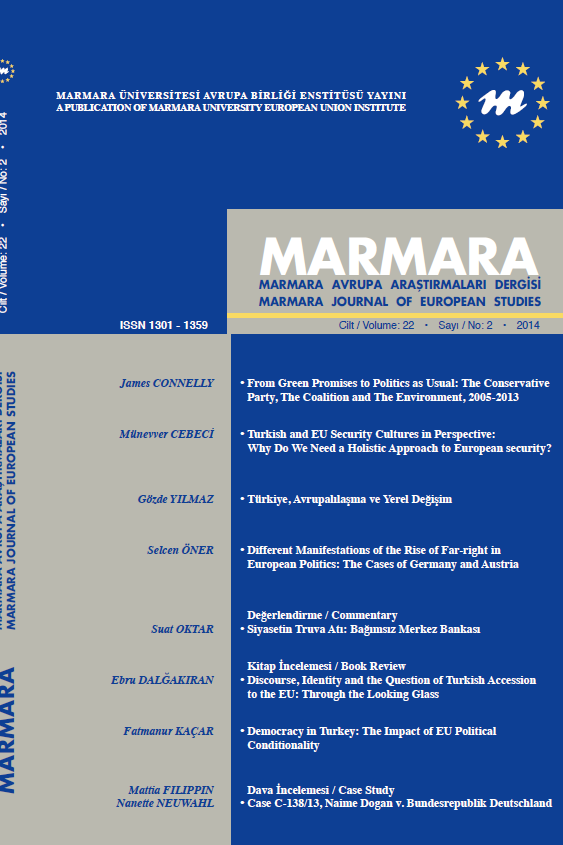ULUSLARARASI YOLSUZLUK ENDEKSİ
The International Anti-Corruption Index has been issued annually, by the International Transparency, headquartered in Berlin, for the last 3 years. This index as- signs to clean countries are assigned the highest scores out of 10, whereas corrupt ones assigned low sscores. Thus the cleanest country, Denmark was given 9.94 and the most corrupt country, Nigeria received 1.76 in 1997. The index is mostly based on the perceptions of businessmen in developed countries and on evaluations of economists and institutions doing studies relating to corruption. When released, this index caused many countries to take anti-corruption measures. As a result, for instance, Pakistan's position which was the second worst in the index in 1996 has changed considerably. It is unfortunate that the index score of Turkey, which was 3.54 in 1996, dropped to 3.21 in 1997, showing that corruption is perceived as increasing. For this reason, I recommend the mtroduction of a personal wealth tax on businessmen, bureaucrats and politicans, which will enable them to be accountable when presented with corruption allegations. This will also act as a preventive measure in coping with corruption. I also recommend taking some lessons from the experiences of the UK and the Germany in the fight against corruption. Based on the experiences of these countries, an independent auditing system should be established first. Otherwise, allegations of corruption cases will easily be politicised leading to more corruption, every type of bribery, and less democratic accountability.
Anahtar Kelimeler:
-
ULUSLARARASI YOLSUZLUK ENDEKSİ
___
- -
- ISSN: 1301-1359
- Yayın Aralığı: Yılda 2 Sayı
- Yayıncı: Marmara Üniversitesi
Sayıdaki Diğer Makaleler
SOUTH KOREA- THE CRISIS-TORN TRANSITION TO A NEW MODE OF ACCUMULATION
İSLAM DİNİ AVRUPA BİRLİĞİ'NE GİRMEYE ENGEL Mİ? DİN, DEVLET, LAİKLİK, HIRİSTİYANLIK VE İSLAMİYET
THE CUSTOMS UNION: A FINAL STEP BEFORE TURKEY'S ACCESSION TO THE EUROPEAN UNION?
ULUSLARARASI EKONOMİK ANAYASAL DÜZEN
TÜRKİYE AVRUPA BİRLİĞİ İLİŞKİLERİNİN ANATOMİSİ
THE REGIONALISM IN THE WORLD ECONOMY: NOVEL EXPECTATIONS FROM AN OLD HABIT
M. Sait AKMAN, Muzaffer Dartan
ULUSLARARASI YOLSUZLUK ENDEKSİ
YAKLAŞAN AVRUPA BİRLİĞİ PARASAL BİRLİĞİ SÜRECİNDE "GÜÇLÜ" VE "ZAYIF" EURO'NUN ETKİLERİ
